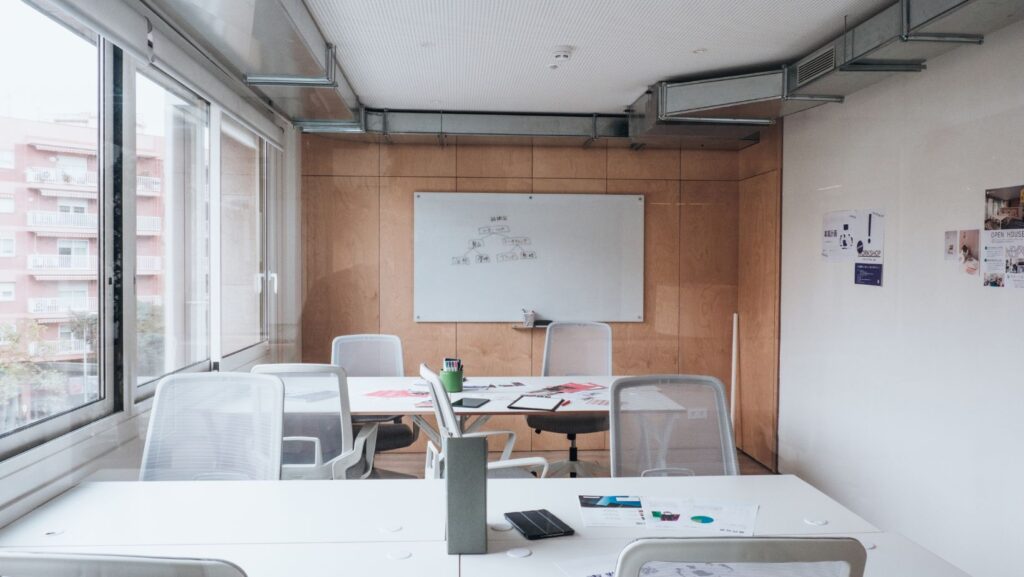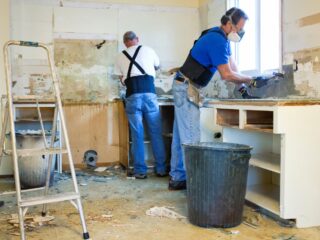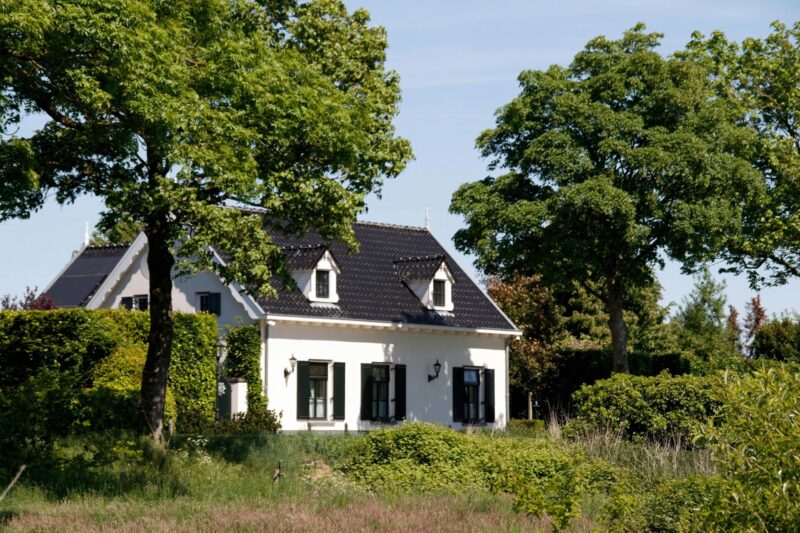
Shared spaces in residential complexes or commercial buildings play a crucial role in community living and collaborative environments. However, maintaining these areas can present unique challenges that often go unnoticed. From managing disputes to handling unexpected repairs, effective maintenance requires careful planning, communication, and cooperation. A robust strata management system can be instrumental in overcoming these challenges.
Below, we explore the hidden difficulties of maintaining shared spaces and provide actionable solutions to address them.
The Importance of Maintaining Shared Spaces
Shared spaces such as lobbies, gyms, gardens, parking lots, and hallways significantly influence the property’s value and the quality of life for its occupants. When these areas are neglected, it can lead to reduced property appeal, dissatisfaction among residents, and even safety hazards. Recognizing the importance of proactive maintenance is the first step toward creating a harmonious and functional community.
Common Challenges in Maintaining Shared Spaces
Diverse Resident Expectations
One of the most challenging aspects of shared space maintenance is catering to the varied expectations of residents. Some people may prioritize aesthetic improvements, while others focus on cost-saving measures or safety enhancements. Balancing these preferences can lead to disagreements within the community.
Solution:
- Conduct regular surveys to gather resident opinions on maintenance priorities.
- Establish transparent communication channels to discuss plans and budgets.
- Create a committee that includes representatives from diverse resident groups to ensure balanced decision-making.
Disputes Over Responsibilities
In strata-managed properties, disputes often arise over who is responsible for specific maintenance tasks. For instance, disagreements may occur regarding whether the owners’ corporation or an individual resident is responsible for repairing damages in shared areas.
Solution:
- Clearly outline responsibilities in the building’s by-laws and ensure all residents understand them.
- Work with the strata management team to resolve ambiguities in roles and responsibilities.
- Implement a mediation process for resolving conflicts efficiently.
Inconsistent Maintenance Standards
In some cases, maintenance standards may vary across different shared spaces due to budget constraints or lack of oversight. For example, a well-kept gym may contrast with an unkempt garden, leading to dissatisfaction among residents.
Solution:

- Develop a comprehensive maintenance plan that includes all shared spaces.
- Set clear performance standards for contractors and service providers.
- Schedule regular inspections to ensure consistent upkeep of all areas.
Financial Constraints
Maintaining shared spaces often requires significant financial resources. Unexpected expenses, such as repairing storm damage or replacing aging equipment, can strain the budget and lead to conflicts over levy increases.
Solution:
- Build and maintain a healthy sinking fund to cover major repairs and upgrades.
- Ensure transparent financial reporting to residents, detailing how levies are spent.
- Explore cost-saving measures such as energy-efficient lighting or solar panels to reduce recurring expenses.
Emergency Repairs and Safety Concerns
Shared spaces are vulnerable to emergencies such as water leaks, electrical faults, or fire hazards. These issues often demand immediate attention and can disrupt residents’ lives.
Solution:
- Establish a clear protocol for emergency repairs, including contact information for contractors and service providers.
- Conduct regular safety audits to identify and address potential hazards.
- Invest in preventive measures such as fire extinguishers, smoke detectors, and well-maintained drainage systems.
Wear and Tear Over Time
High-traffic areas like lobbies, hallways, and parking lots are subject to wear and tear, which can escalate into more significant problems if not addressed promptly.
Solution:
- Schedule regular maintenance tasks, such as repainting walls or resurfacing floors, to prevent deterioration.
- Use durable, low-maintenance materials in shared spaces to minimize upkeep costs.
- Monitor the condition of shared spaces and prioritize repairs based on urgency.
Environmental Factors
External factors such as extreme weather, pests, or pollution can impact the condition of shared spaces, especially outdoor areas like gardens and terraces.
Solution:
- Incorporate weather-resistant materials in outdoor spaces to withstand harsh conditions.
- Implement pest control measures to protect shared areas.
- Regularly clean and maintain outdoor spaces to combat pollution and debris buildup.
Lack of Engagement from Residents
For shared spaces to be maintained effectively, active participation from residents is essential. However, some residents may show little interest in community matters, making it difficult to implement collective decisions.
Solution:
- Host community events to encourage resident engagement and build a sense of ownership.
- Use digital tools like group chats or online portals to keep residents informed about maintenance updates.
- Provide incentives for active participation, such as discounts on levies for committee members.
Leveraging Professional Strata Management
A professional strata management team can be invaluable in overcoming the challenges of maintaining shared spaces. They bring expertise in financial planning, dispute resolution, and contractor management, ensuring that the property is well-maintained and compliant with regulations.
When selecting a strata management service, prioritize companies with a proven track record, transparent communication practices, and a strong network of reliable contractors.
Maintaining shared spaces requires a delicate balance of financial planning, community engagement, and proactive management. By addressing common challenges like diverse resident expectations, financial constraints, and emergency repairs, you can create a shared environment that enhances property value and fosters a positive community atmosphere. With a strong focus on collaboration and the support of effective strata management, shared spaces can thrive as functional, enjoyable areas for everyone involved.












